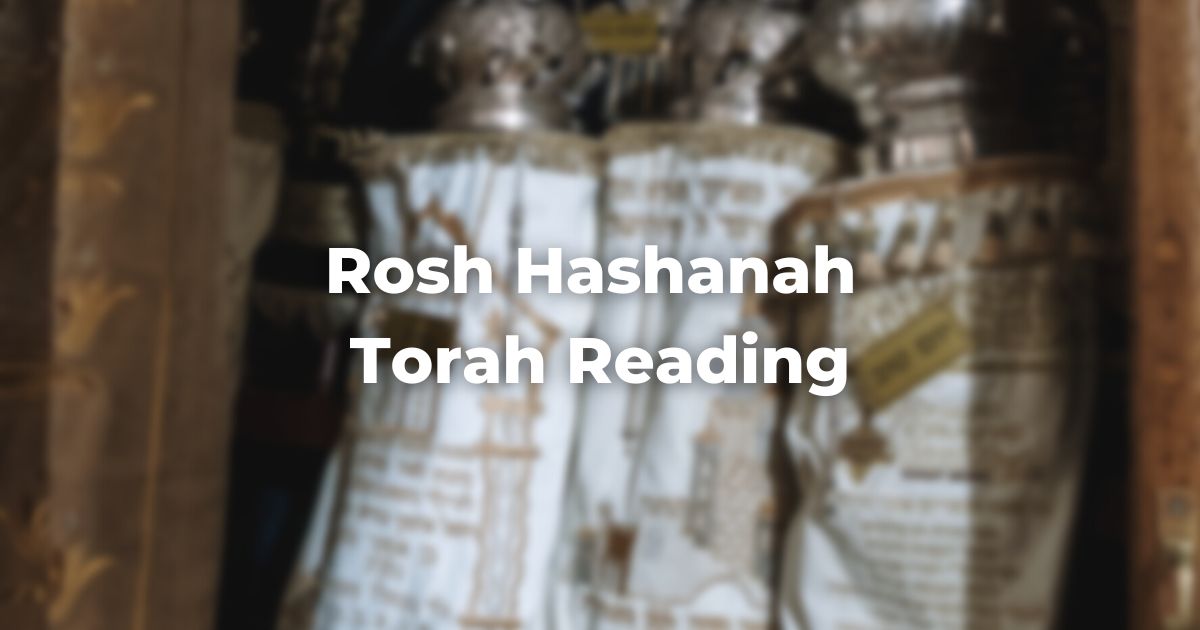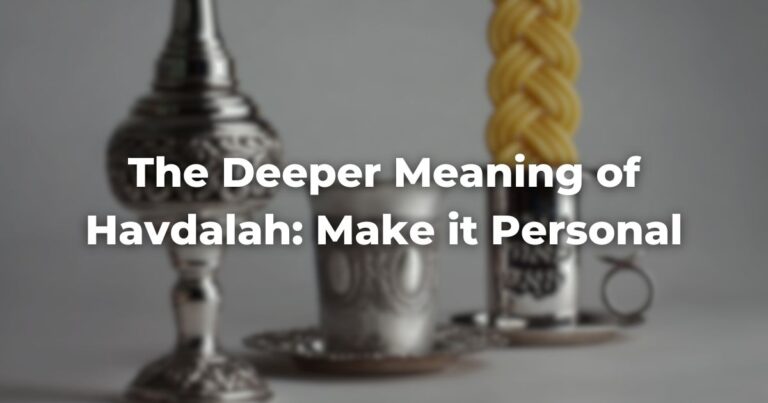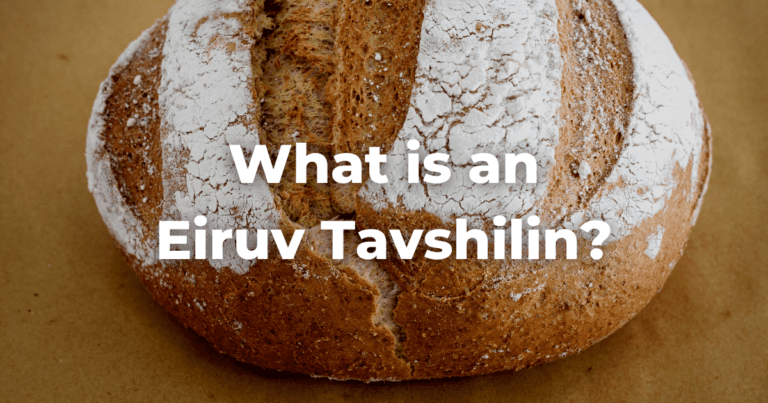Read about the TorahRefers to the first five books of the Hebrew Bible, the Tanakh, also called the Five Books of Moses, Pentateuch or the Hebrew equivalent, Humash. This is also called the Written Torah. The term may also refer to teachings that expound on Jewish tradition. Read more portions read on Rosh Hashanah and the portions’ connections to the holiday.
Torah Reading
The Torah reading for the first day of Rosh Hashanah is Genesis 21; It tells the story of the announcement to Abraham and Sarah that Sarah is to give birth to a child despite her advanced years.
Genesis 22 is read on the second day, about the story of the Binding of Isaac.
There has been considerable discussion as to why these particular portions were chosen for these special days. Both readings combine two themes wholly appropriate for Rosh Hashanah: divine beneficence, as demonstrated by God’s kindness to the aged Abraham and Sarah (and by God’s intervention to save Isaac’s life), and z’khut avot, the notion that personal merit may outlive people’s earthly lives and remain an intercessory force for good in the lives of their descendants.
The maftir reading for both days of Rosh Hashanah is Numbers 29:1–6, which prescribes the sacrifices that were to be offered up on Rosh Hashanah.
Number of Aliyot
Five people are called to the Torah for aliyot. If the first day of Rosh Hashanah coincides with Shabbat, the Torah reading remains the same but is divided into seven aliyot.
The number of aliyot on Rosh Hashanah clearly establishes its place in the sacred pecking order of the days on which the Torah is read: three on weekdays and on Shabbat afternoons, four on Rosh Ḥodesh and Ḥol Ha-mo·eid, five on Rosh Hashanah and the other festivals, six on Yom Kippur, and seven on Shabbat. It is not permitted to add extra aliyot on Rosh Hashanah, unless the holiday falls on Shabbat.
Haftarah and Connection to Torah Reading
The haftarah for the first day is 1 Samuel 1:1–2:10, which tells of the birth of the prophet Samuel in terms clearly meant to echo the story in the Torah reading about the birth of Isaac.
The point of reading this story aloud in the synagogue on Rosh Hashanah suggests itself easily. The image of a God who keeps promises is a comforting one for worshipers as they recite their prayers that God ever maintain the covenant with Israel. And the recollection of God’s concern for the barren mothers Hannah and Sarah is also comforting as worshipers formally encapsulate in prayer their personal hope that God will be sensitive to their needs and concerns.
The haftarah for the second day is Jeremiah 31:2–20, which also reinforces some of the major themes of Rosh Hashanah, specifically God’s enduring recollection of the covenant and the ongoing reality of divine mercy.
When considered together, the haftarot seem to be widening the frame of reference as the festival wears on: the haftarah for the first day is about the travails of a Jewish family, while the haftarah for the second day is about the destiny of the Jewish people itself.
Find more about Rosh Hashanah services here.
Adapted with permission from The Observant Life.
Authors
-

-

The Observant Life: The Wisdom of Conservative Judaism for Contemporary Jews distills a century of thoughtful inquiry into the most profound of all Jewish questions: how to suffuse life with timeless values, how to remain loyal to the covenant that binds the Jewish people and the God of Israel, and how to embrace the law while retaining an abiding sense of fidelity to one’s own moral path in life. Written in a multiplicity of voices inspired by a common vision, the authors of The Observant Life explain what it means in the ultimate sense to live a Jewish life, and to live it honestly, morally, and purposefully. The work is a comprehensive guide to life in the 21st Century. Chapters on Jewish rituals including prayer, holiday, life cycle events and Jewish ethics such as citizenship, slander, taxes, wills, the courts, the work place and so much more.
View all posts






